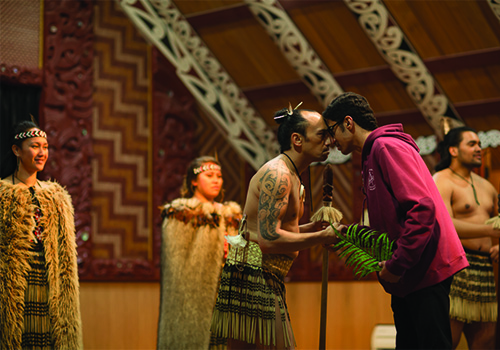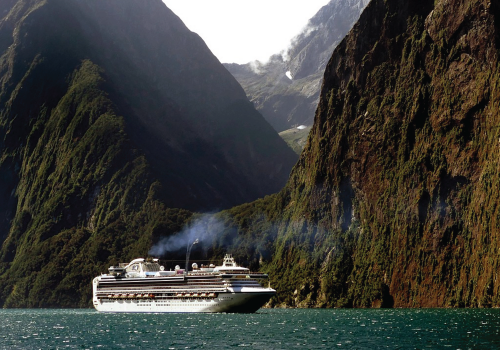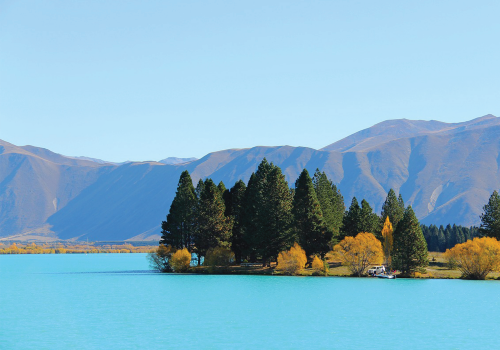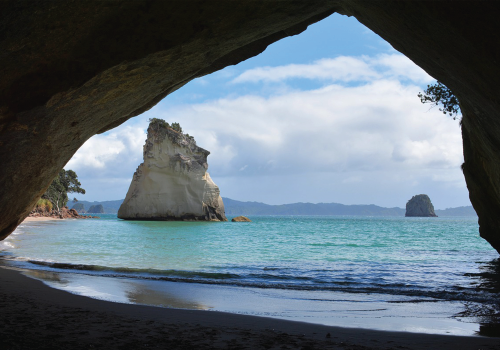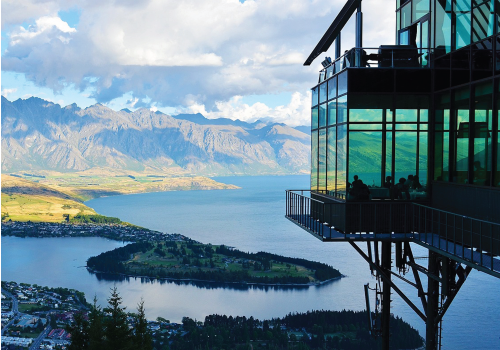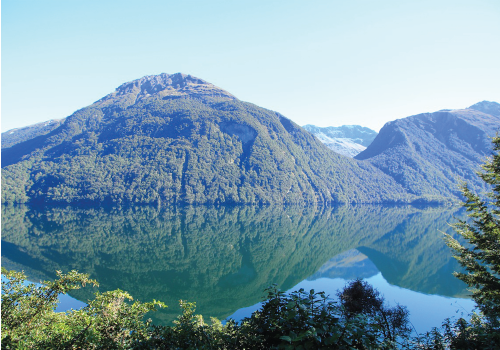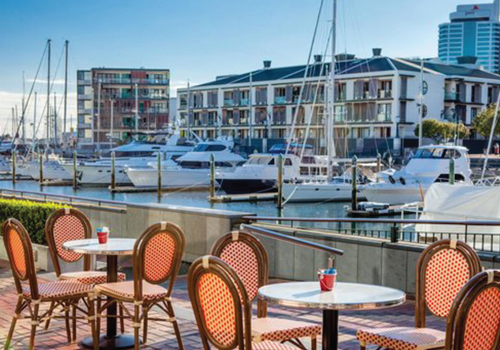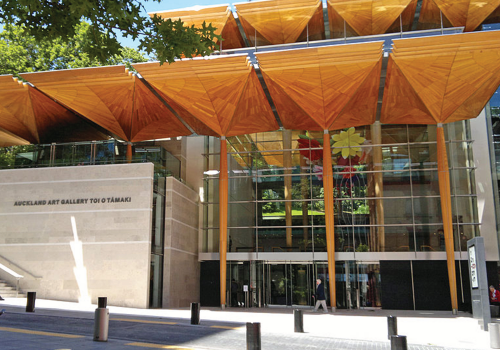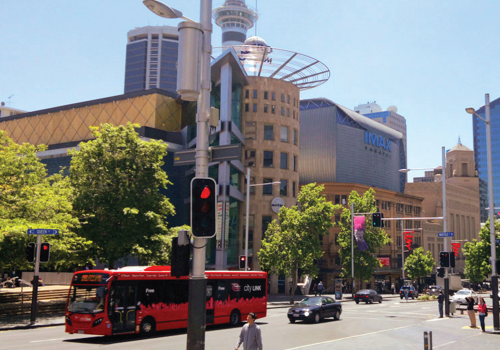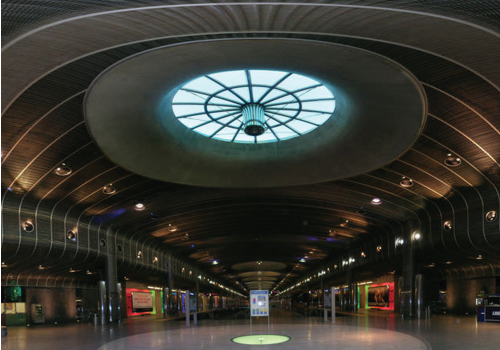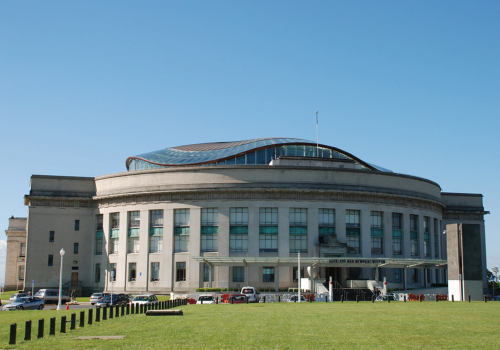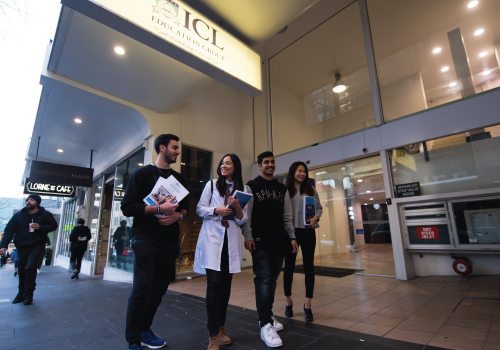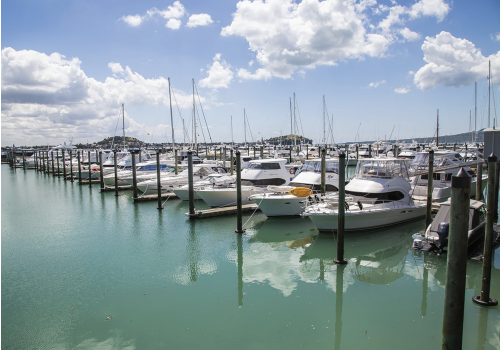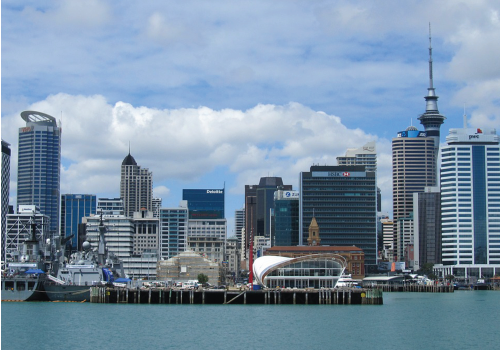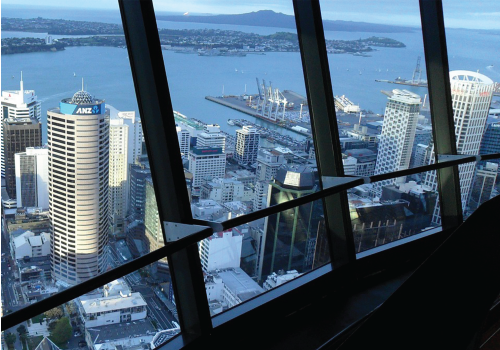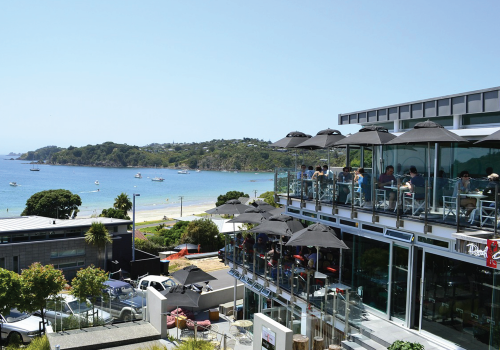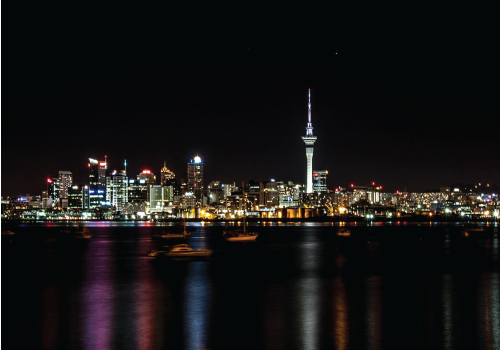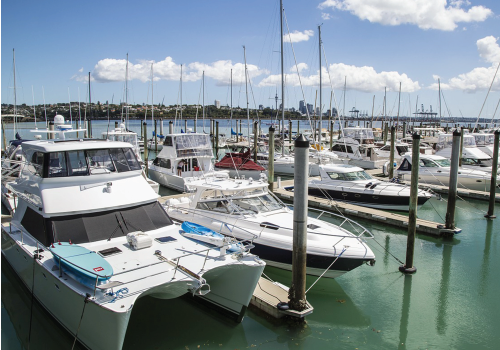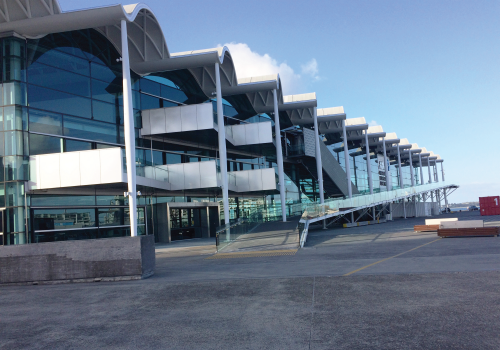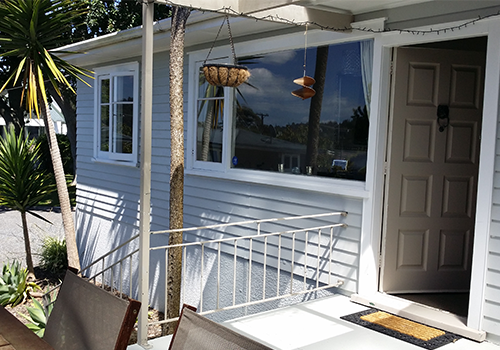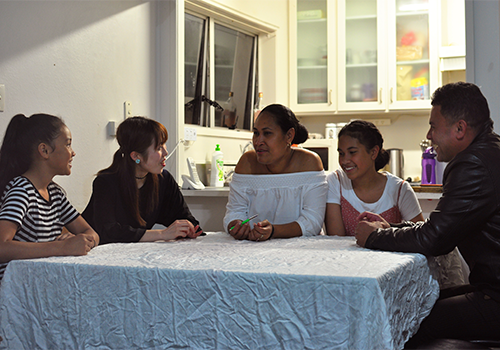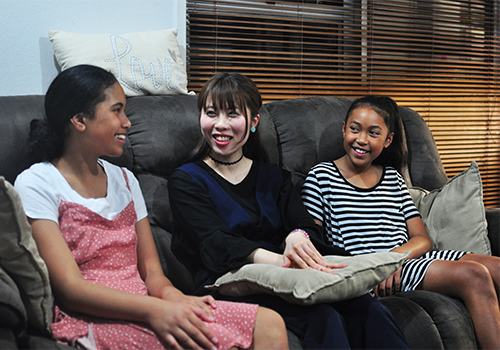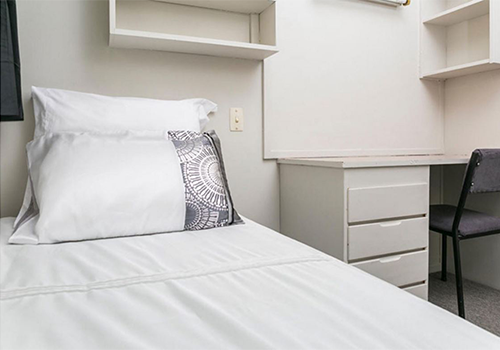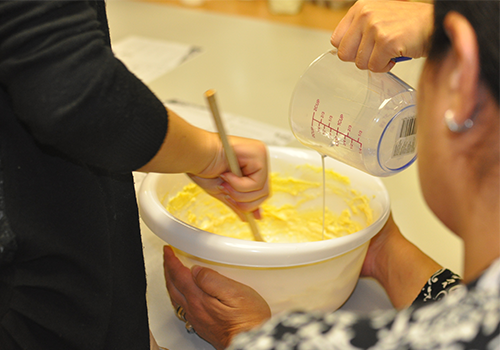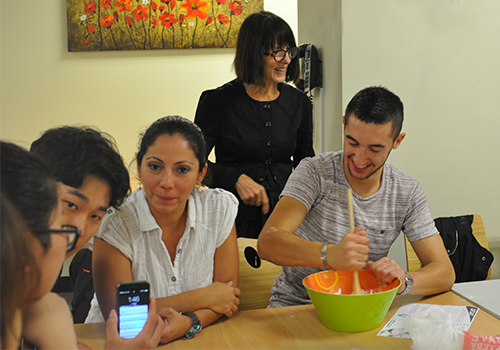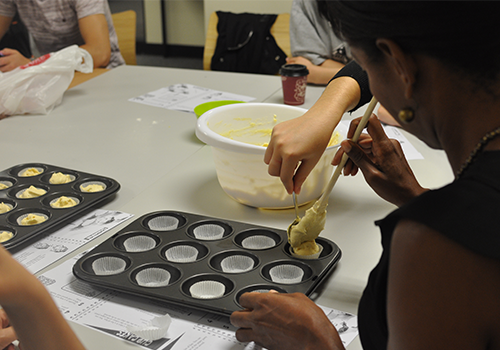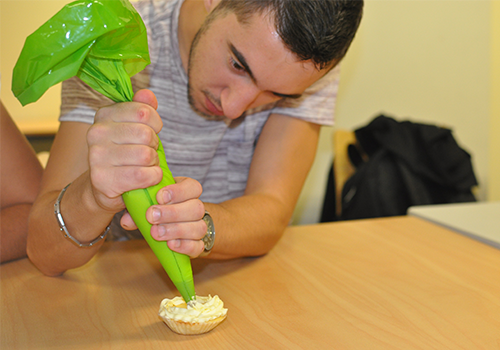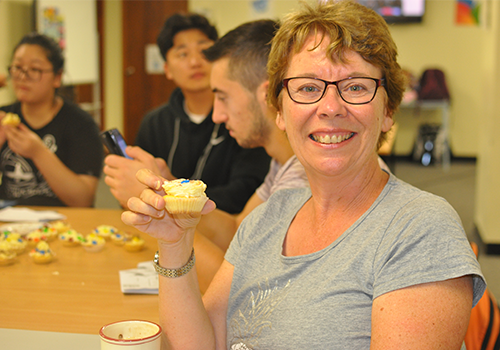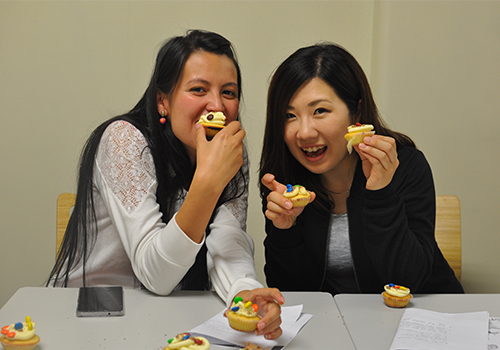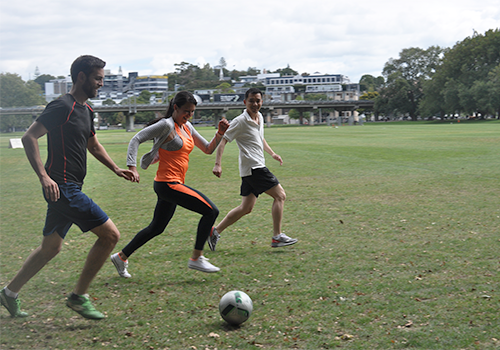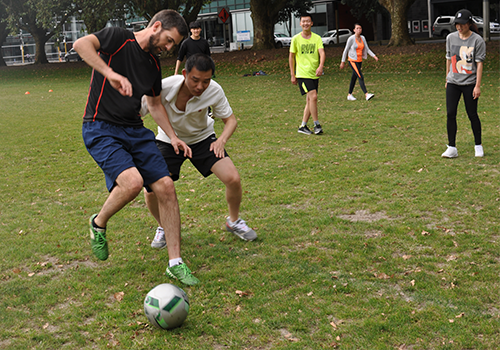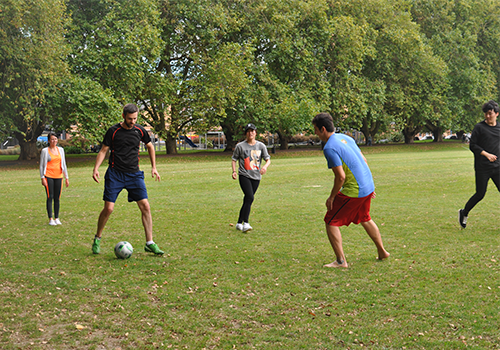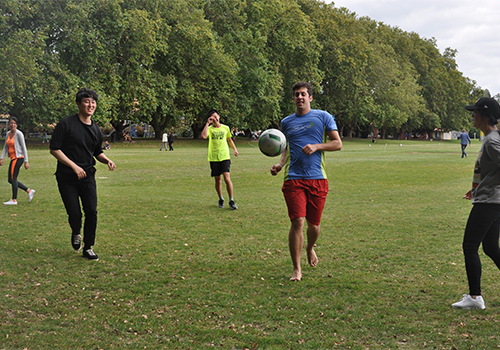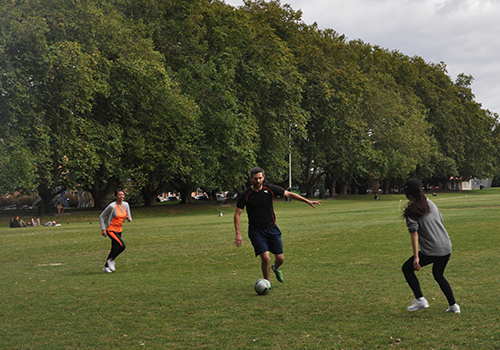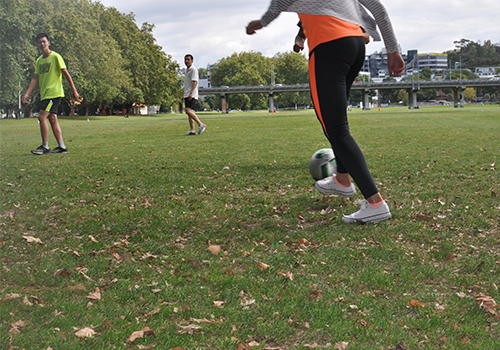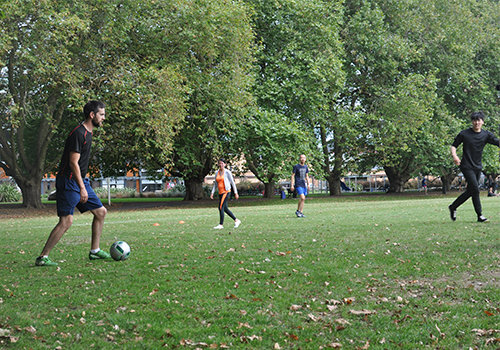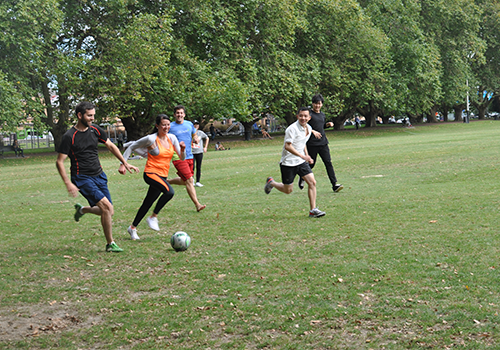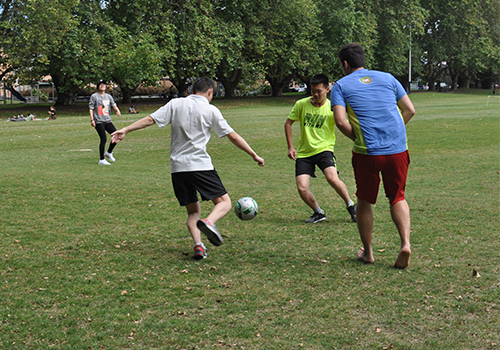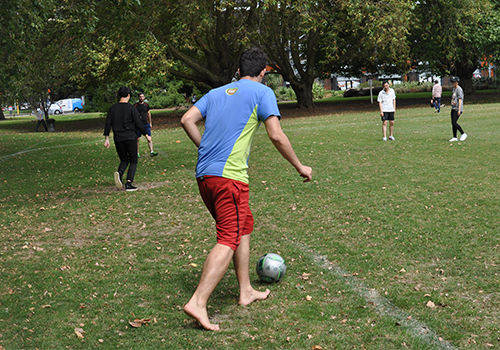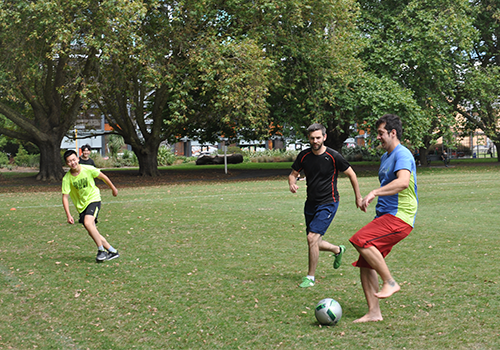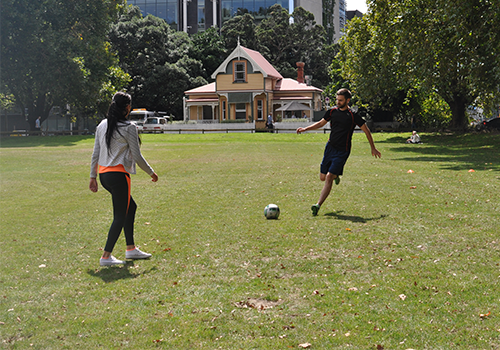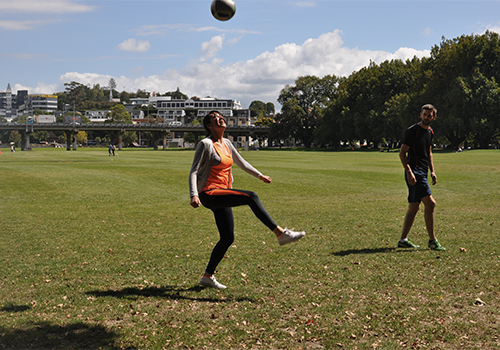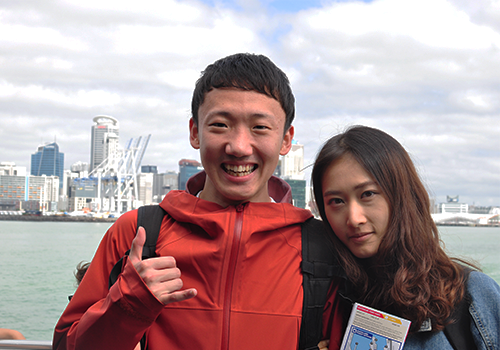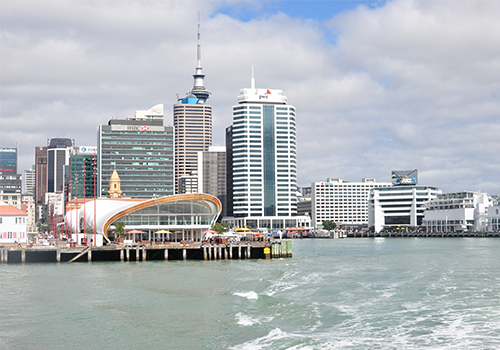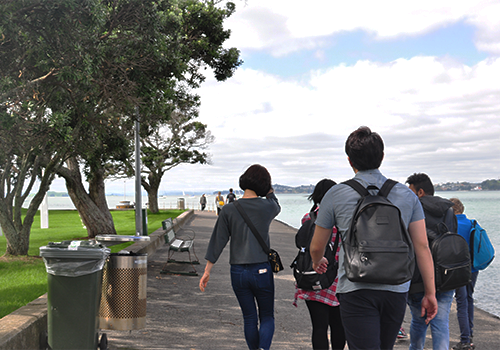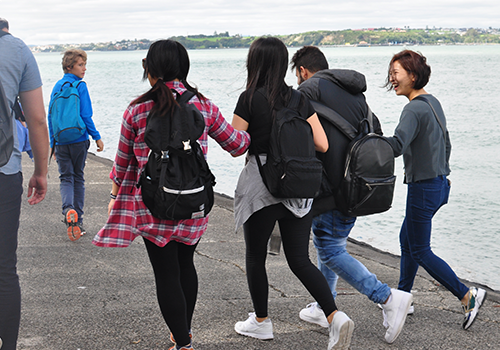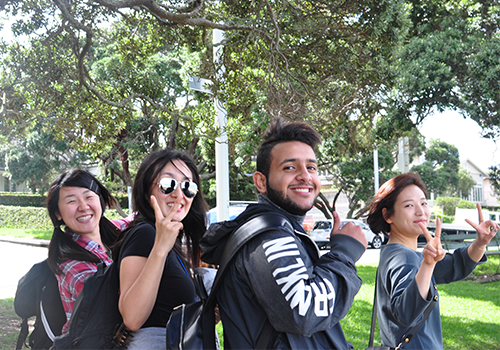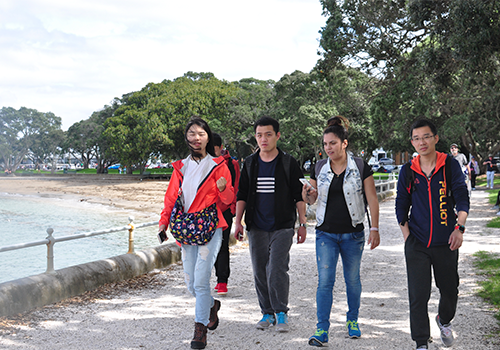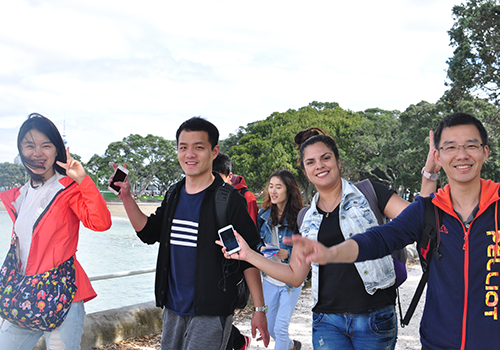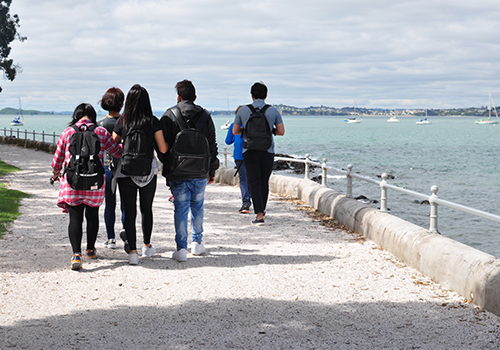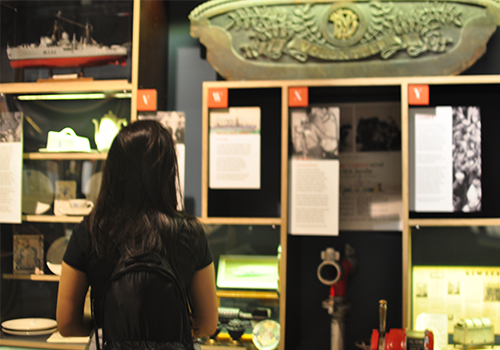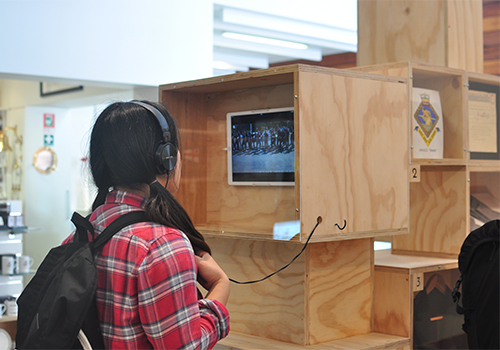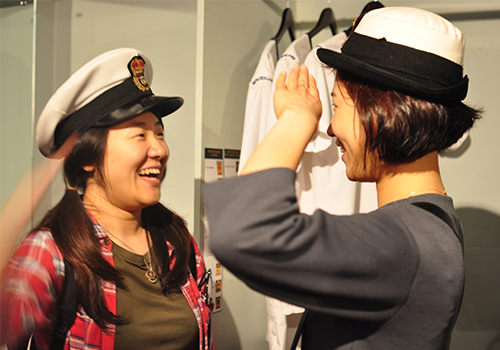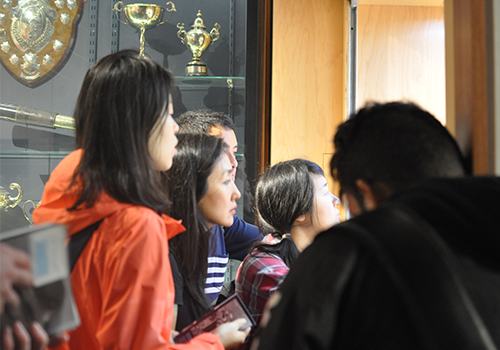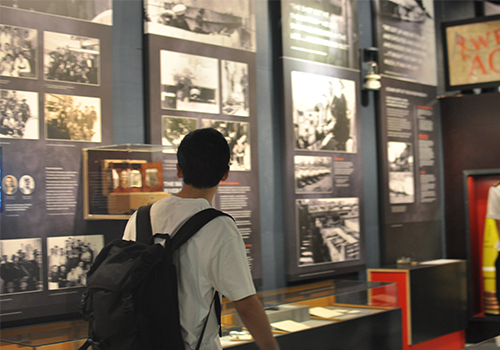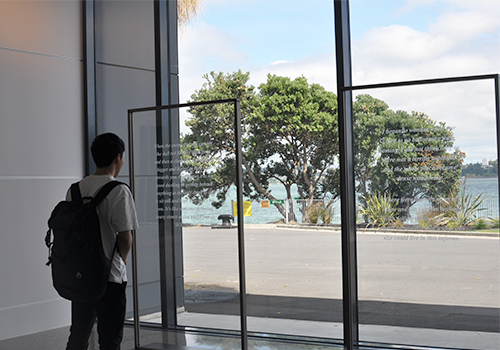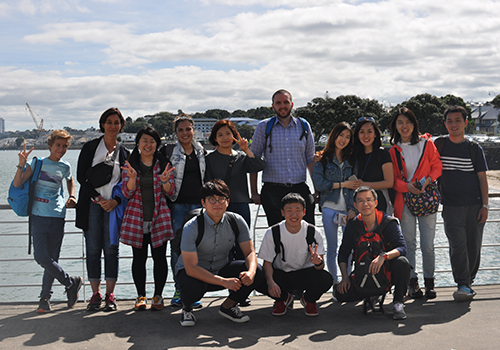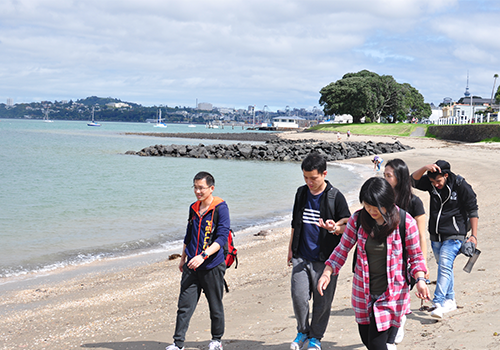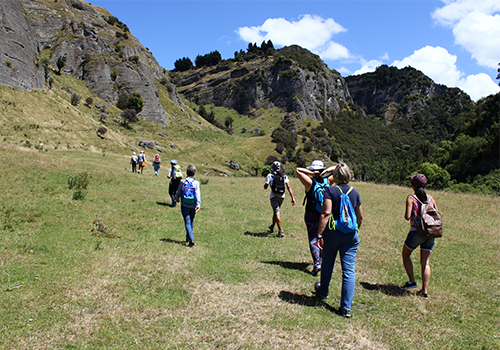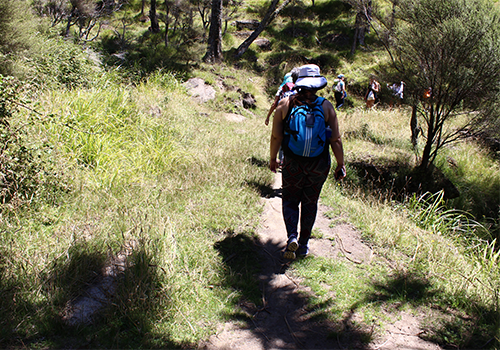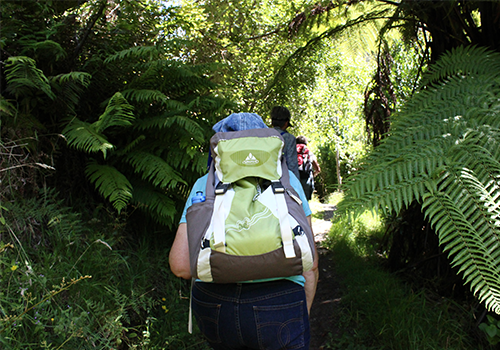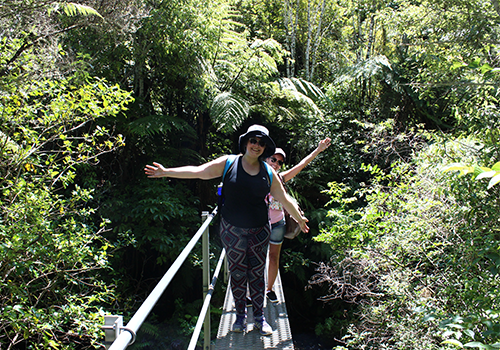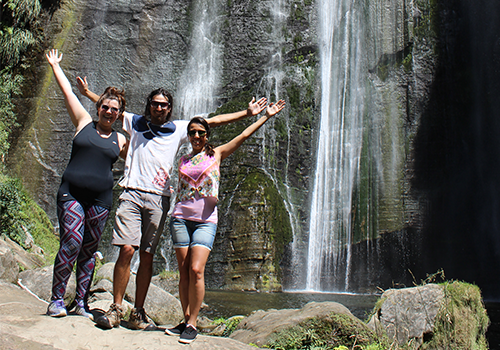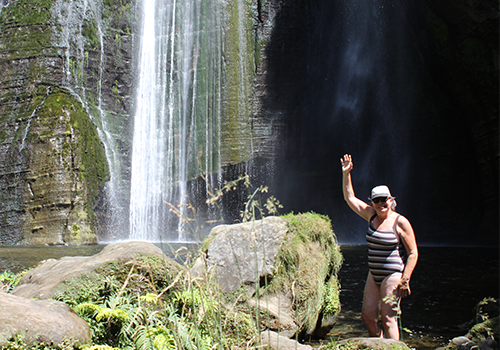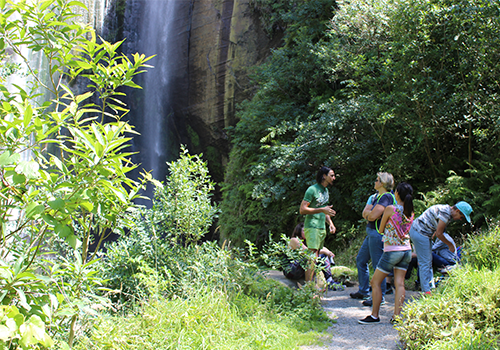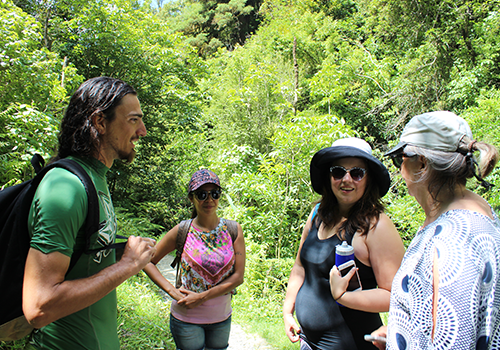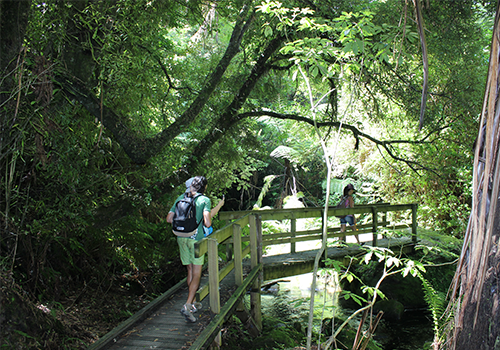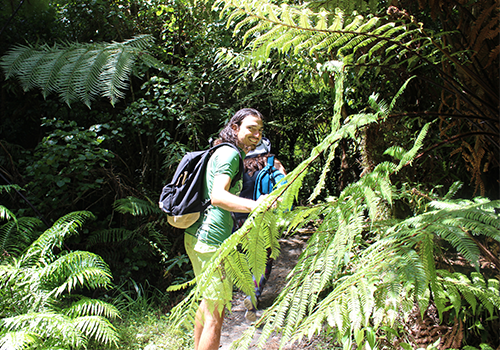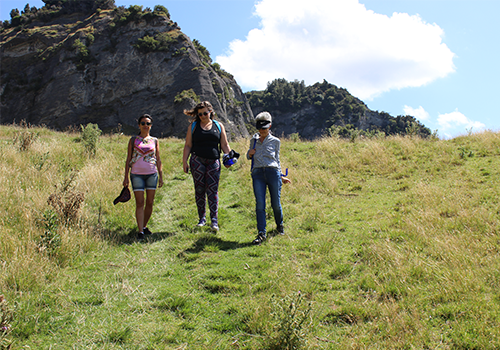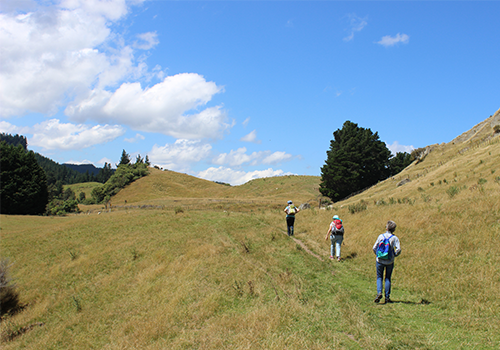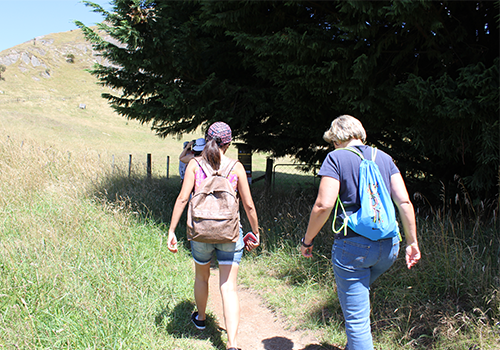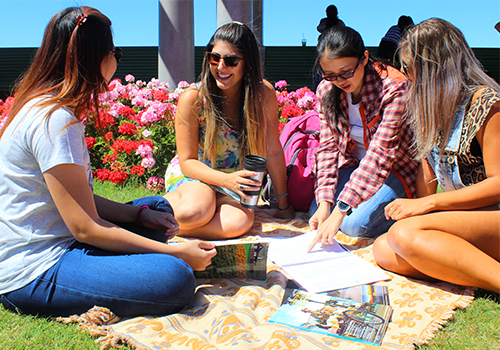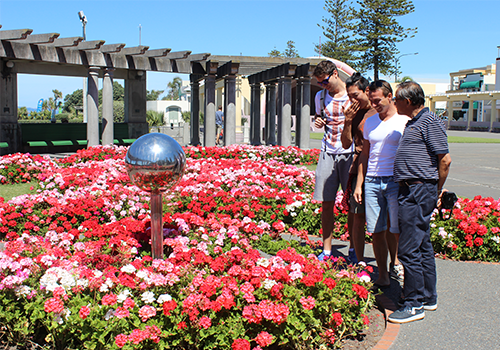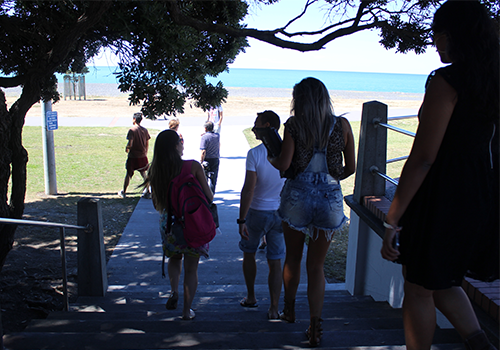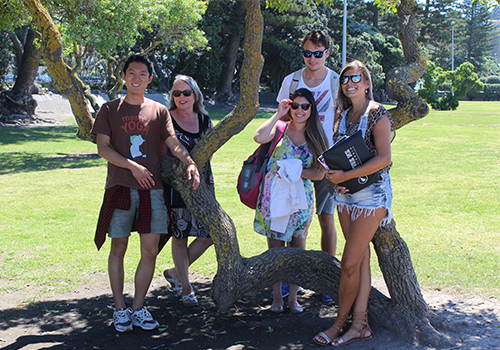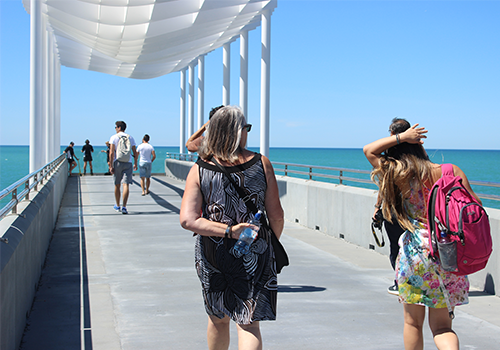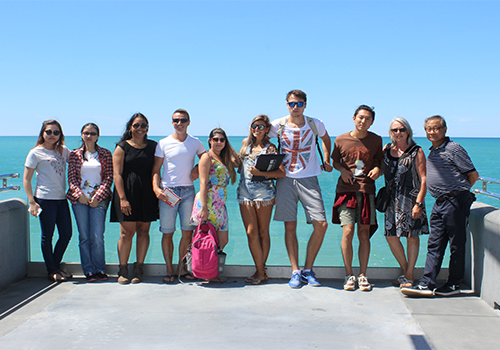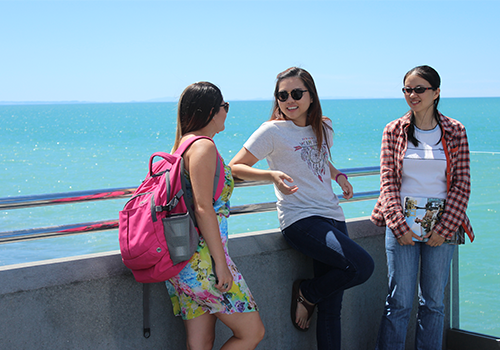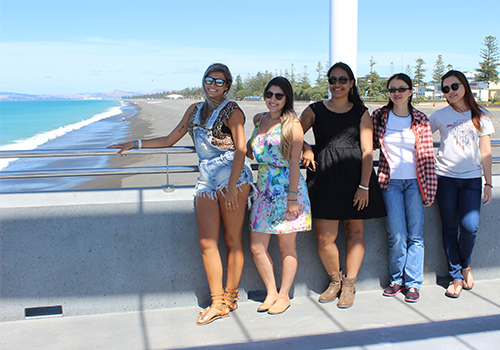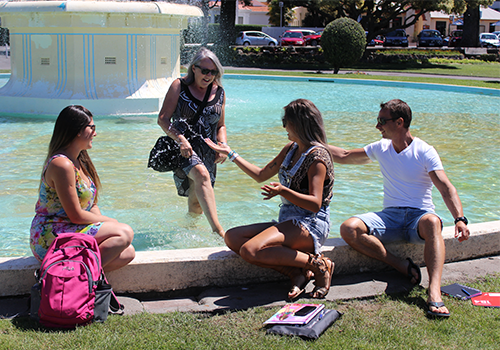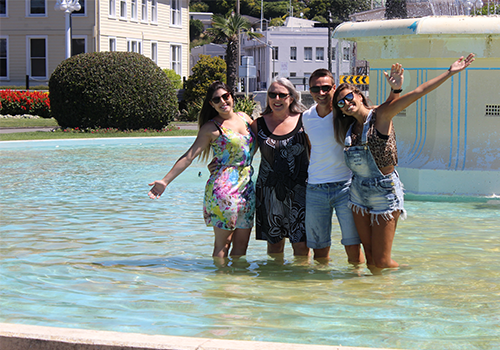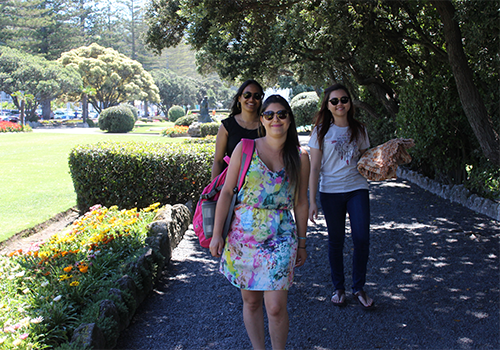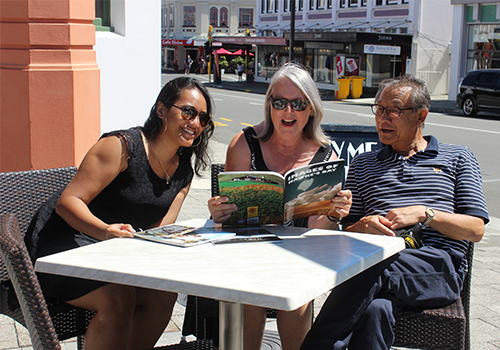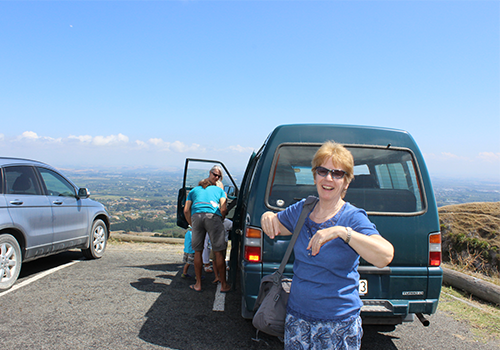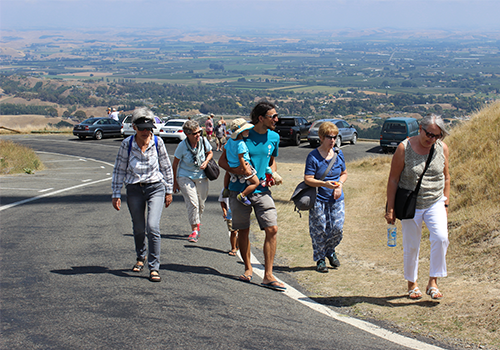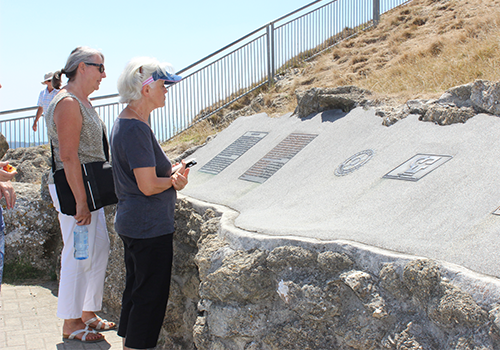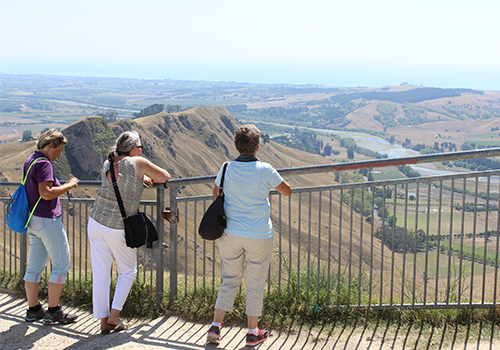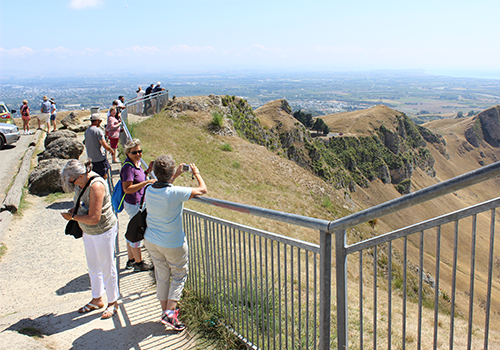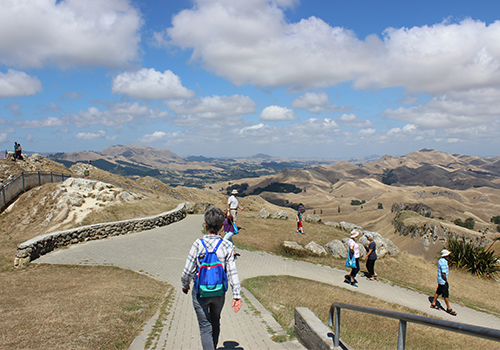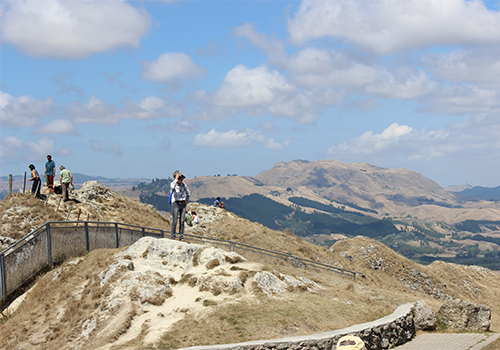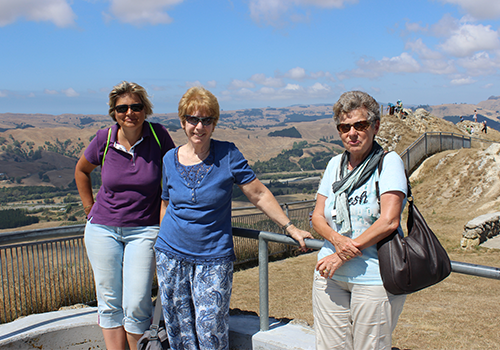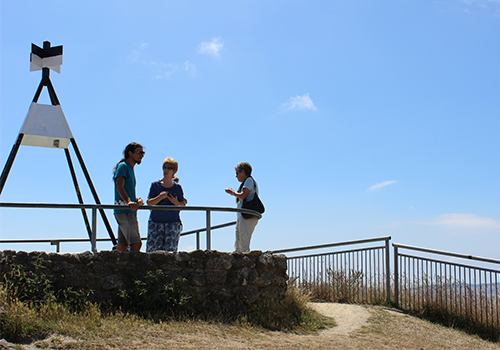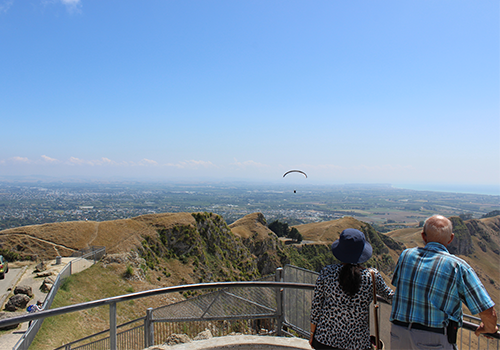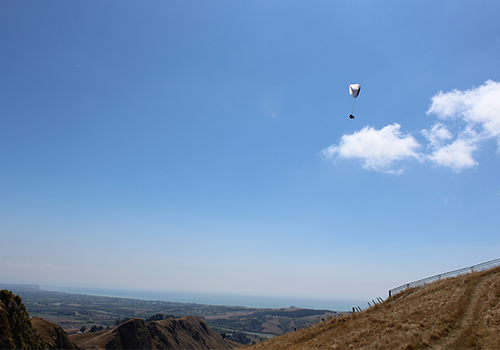Life in New Zealand
New Zealand is an extremely beautiful country with a multicultural population of approximately 4 million people. New Zealand has a rich cultural life, with a mixed population of European, Maori, Polynesian, Asian, etc. New Zealanders are considered friendly and easy going people who love to meet people from different cultures.
New Zealand is an English speaking country with a British heritage, but does not have the regional accents and dialects of Britain or the USA. So you’ll soon find Kiwi is quite easy to understand. The grammar is exactly the same and the vocabulary is 99.9% the same as the United states. Our education system is respected worldwide. If you want to be safe and meet friendly people, New Zealand is the best the English speaking country.
In New Zealand, you can enjoy both urban and rural lifestyle. The country is full of luscious mountains, large forests, beautiful plains, lakes, and beaches. People from all over the world come to New Zealand to visit the dramatic and varied landscapes, colourful oceans and beaches, and snow clad mountains. New Zealand has a temperate climate, and the country is surrounded by the Pacific and Tasman Oceans.
New Zealand is also unpolluted and unclear free. And even the world famous national parks have no dangerous animals or insects. The low exchange rate and cost of living means you can live, study and travel for 20 – 50% less than other English speaking countries. New Zealand’s great outdoors are clean, green and unspoiled. Uniquely blessed with some of the most beautiful beaches, harbours, mountains, fields, forests and lakes in the world, New Zealand is ready to be explored. Travelling to these destinations are fast and easy, just one hour by air! Pure NZ is our recommended link for more information on visiting New Zealand (site is available in English, Chinese, German, Japanese and Korean).
New Zealand is known for exporting products like fish, meat, fruits, dairy products and timber. The country is also leading in areas like information technology, biological and medical research. New Zealand is also gaining popularity in areas such as tourism and education. All in all, New Zealand is a great place to STUDY, WORK, and LIVE.
Currency
New Zealand currency (NZ Dollar) is quite stable. The residents and tourists get a fairly good exchange rate and this further gives them high purchasing power.
Culture
New Zealand gave shelter to Europeans, Maoris, Polynesians, and Asians. People from different countries can reside here and maintain their culture and religion. New Zealand law guarantees the freedom of worship, and therefore people from different cultures can easily remain close to their culture and religion.
Transportation
New Zealand’s transportation system is appreciated by everyone. When a student or tourist arrives, they can easily hire a cab and even avail air, rail and bus services. There are regular flights to different cities from the major airports. The air, rail, and bus fares are also considerably cheap.
Education Sector
Auckland is considered education hub of New Zealand, with internationally acclaimed universities, research centers, top secondary schools, and legion of world class language schools. Auckland region alone has about 50% of total international students that reside in New Zealand.
Industrial Sector
Auckland region also attracted more than $300 million overseas investment in the past few years and has many industries such as: education, manufacturing, distribution and service industries. In fact, most of the creative sector jobs can be found in Auckland. Auckland has a robust infrastructure that easily caters the current and future business needs.
Life in Auckland
ICL Graduate Business School, Auckland English Academy and Bridge International College are all located in Auckland City. Auckland is New Zealand’s biggest and most diverse city, with a population of approximately 1.4 million people. Living in Auckland, you are never more than 20 minutes away from one of the many beautiful beaches. ICL Education campus is located right in the heart of it all in the central CBD. Buses, trains and ferry are a short walk from the campus, making it easy to explore the city. You’ll never be stuck for things to do while in Auckland. The City Centre is by the amazing waterfront with thousands of boats which is why Auckland is called ‘The City of Sails’. Auckland has more boats per capita than any other city in the world! Auckland is the commercial heart of New Zealand, with a wide range of shops, restaurants and entertainment venues. In the Mercer Consulting 2016 international survey, Auckland was ranked third in the world for its quality of living, for the third year running. The Auckland City website offers a good insight into all the things you can do in our wonderful city, at any budget. School staff will be happy to help you plan your travel.
Napier
New Horizon College is located in Napier. Napier is a beautiful coastal city along the eastern shores of the North Island. The city has an incredible art deco inspired architecture. A perfect mix of city and country life, this city is perfect for students who would like to experience a life in a quiet, quaint town. However, Napier has all the necessary technology and transport that you would need.
| |
ICL recommends two types of accommodation:
- Homestay
- Sharing an apartment.
Homestay
We do our best to find a suitable homestay family for each of our students. The advantages of a homestay are the cultural benefits, the support and comfort of family life and the additional language support. A homestay is an excellent way to learn about New Zealand culture, make friends and practise your English while living in New Zealand. New Zealand families are typically kind, honest and friendly, and they enjoy meeting people from other cultures.
All our homestay families are regularly inspected. The inspector visits the family homes, interviews the family members, and ensures that they are suitable for our students. Students who require accommodation should request their homestay accommodation at least two weeks prior to starting their programme.
The average time for students to commute from homestay to school is around 30 to 45 minutes.
If the school arranges homestay accommodation for you, the minimum period will be four weeks or the full course if shorter. The homestay fee for this period and the placement fee are non-refundable. The School will only book your homestay after receiving your flight details.
Homestay means that you will get the following:
- The chance to speak English every day
- Two meals a day: breakfast and dinner, with lunch in the weekends
- Your washing will be done
Homestay families will do their best to give you a ‘home away from home’
You are expected to:
- Obey the “house rules” set by your homestay parents
- Discuss these rules with your homestay family and be sure you understand them
- NOT smoke or drink alcohol unless permission is given
- Call your homestay family if you are going to be late home
- Be home by 7.30 pm on weeknights unless your homestay family have agreed to other arrangements
- Sleep at home on weeknights
- NOT have visitors to sleep over during the week
- Check with and get the agreement of your homestay parents if you want to ask your friends to sleepover on a weekend
- NEVER have friends of the opposite sex sleeping in your room
- Be home by 10.00 pm at weekends if you do not have another prior agreement with your homestay
- NOT sleep over at a friend’s place, until you have informed your homestay family of your whereabouts and provided a phone number.
When leaving:
You should give two weeks’ notice, before leaving your host family.
If you need to leave your homestay family because of an emergency, you must contact your counselor or homestay co-ordinator immediately.
Sharing an apartment
After a few weeks or months of homestay, you may decide that you can manage on your own or you may decide to share a flat or house with others. You should try and share with people who do NOT speak your language so that you can practise English! Check the cost of rent, food and transport and make sure you can afford to change your living arrangements. The advantage of an apartment is that it can be much closer to school and gives you independence.
Students studying with us at AEA, NHC and Bridge enjoy a variety of activities on Fridays. This is a great way for students to enjoy the city they are studying in, practice English and create life long memories.
Cupcake Baking at AEA
AEA students playing Soccer at Victoria Park
AEA Students visiting Navy Museum in Devonport
New Horizon College Students at Shine Falls, Napier
Out and about in Napier with New Horizon Students
Te Mata Peak in Napier
We have Student Services Officers who can give support in students’ first language. Our staff can speak more than a dozen languages; Mandarin, Japanese, Portuguese, Spanish, Korean, Arabic, Hindi, Vietnamese, French to name a few. The Student support staff are available if you need to talk to someone about any problems, in both personal and academic issues. We can also refer students to outside professional counselling assistance when required.
All schools within ICL Education Group are signatory to the Ministry of Education (Pastoral Care of International Students) Code of Practice 2016.
The School has agreed to observe and be bound by the Education (Pastoral Care of International Students) Code of Practice 2016, published by the Minister of Education. Copies of the Code are available on request from this institution or from the New Zealand Ministry of Education website.
Immigration
Full details of visa and permit requirements, advice on rights to employment in New Zealand while studying, and reporting requirements are available through the New Zealand Immigration Service, and can be viewed on their website.
Eligibility for health services
Most international students are not entitled to publicly funded health services while in New Zealand. If you receive medical treatment during your visit, you may be liable for the full costs of that treatment. Full details on entitlements to publicly-funded health services are available through the Ministry of Health, and can be viewed on their website.
Accident insurance
The Accident Compensation Corporation provides accident insurance for all New Zealand citizens, residents and temporary visitors to New Zealand, but you may still be liable for all other medical and related costs. Further information can be viewed on the ACC website.
Medical and travel insurance: International students must have appropriate and current medical and travel insurance while studying in New Zealand. ICL can organize insurance for students, more details please view this website.
The summary of Code of Practice
All schools under ICL Education Group has agreed to observe and be bound by the Education (Pastoral Care of International Students) Code of Practice 2016, published by the Ministry of Education. The summary of the Code is written here and is also available on request from the New Zealand Ministry of Education website.
Introduction
When students from other countries come to study in New Zealand, it is important that those students are well informed, safe, and properly cared for. New Zealand educational providers have an important responsibility for international students’ welfare. This summary provides an overview of the Education (Pastoral Care of International Students) Code of Practice 2016, and provides a procedure that students can follow if they have concerns about their treatment by a New Zealand educational provider or agent of a provider.
What do I so if something goes wrong?
If you have concerns about your educational provider or by an agent of the provider, the first thing you must do is contact the principal, the administrator, or another person who has been identified to you as someone that you can approach about complaints at your institution. The Code requires all institutions to have fair and equitable processes before you can take the complaint any further. The Code also establishes NZQA to receive and adjudicate on student complaints.
NZQA Website
Student Visa
Our school provides a student online visa application service. Before a student visa can be applied for, students must pay all tuition fees and meet the online visa application requirements. Please talk to us about your online visa application. If you are planning to study for more than three months, you will need a Student Visa. For more information, please check the Immigration New Zealand website.
Visitor’s visa
Visitor Visa is provided for visits up to three months (People exempt from having to obtain a temporary Visa). Citizens of the countries which don’t need to apply for a visitor visa when their citizens come into New Zealand include; Andorra, Argentina, Austria, Bahrain, Belgium, Brazil, Brunei, Canada, Chile, Denmark, Finland, France, Germany, Greece, Hong Kong, Hungary, Iceland, Ireland, Israel, Korea (South), Italy, Japan, Kiribati, Kuwait, Liechtenstein, Luxembourg, Malaysia, Malta, Mexico, Monaco, Nauru, Netherlands, Norway, Oman, Portugal, Qatar, San Marino, Saudi Arabia, Singapore, Slovenia, South Africa, Spain, Sweden, Switzerland, Tuvalu, United Arab Emirates, USA, Uruguay, Vatican City, Zimbabwe. If you are planning to study for less than three months, you need only apply for a Visitor’s Visa. For more information, please check the Immigration New Zealand website.



